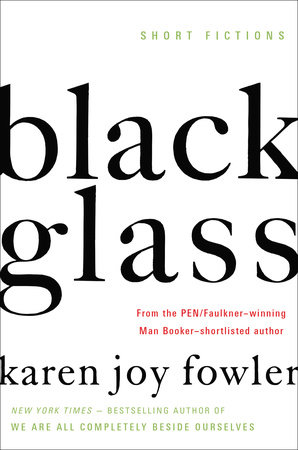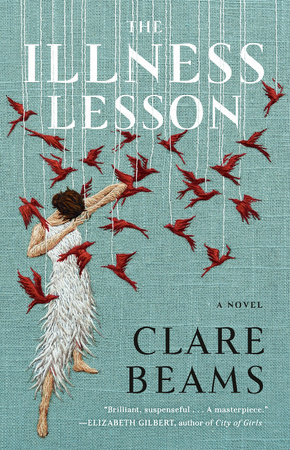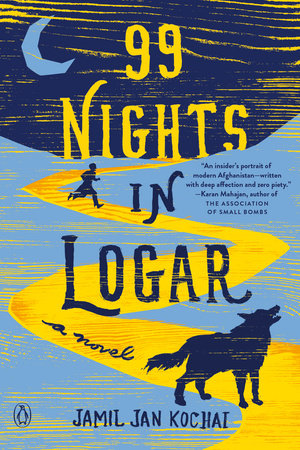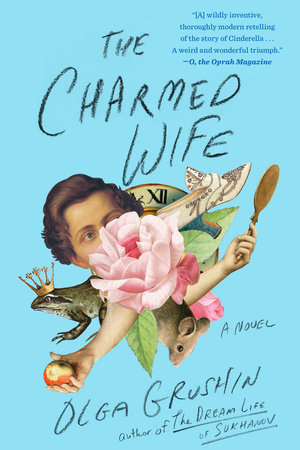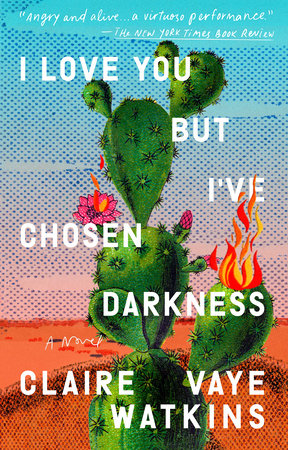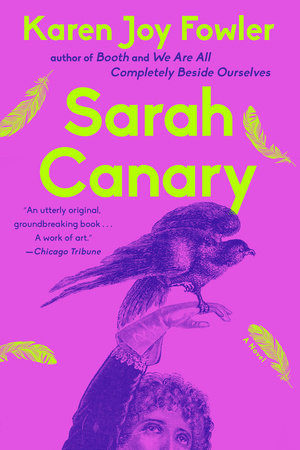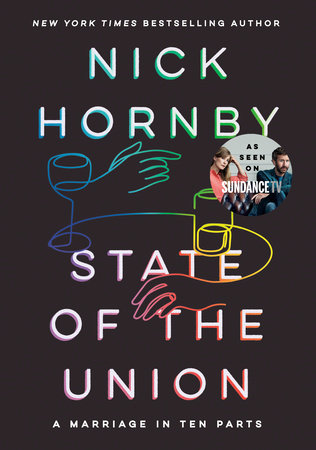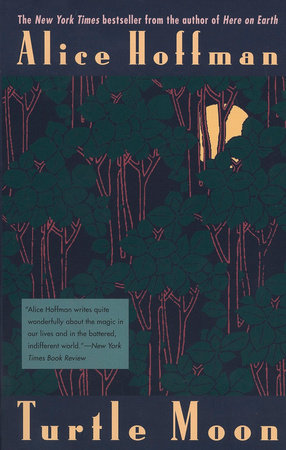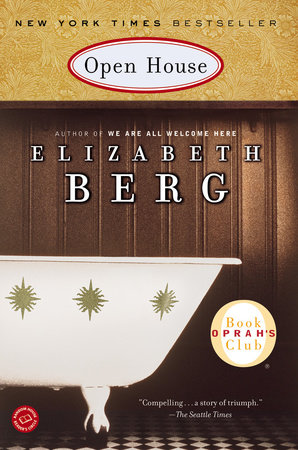Q: How is Black Glass a departure from your novels?
KJF: Since I began by writing short stories, it’s more natural for me to think of my novels as the departure. I’m still a reluctant, tormented novelist. My short stories are great fun for me; in them I feel freer, lighter, less eager to please. And the length is a better fit for my particular attention span.
Q: Explain your thinking in organizing this collection. Do you see the individual narratives creating a larger narrative or revolving around particular themes?
KJF: The stories were written over a period of many years, when I had no thought of collecting them. They represent perhaps half of the stories I’ve written. So my persistent themes must be attributed to psychology, rather than artistic deliberation, and any larger narrative must be understood simply as a matter of the sequence we chose for the stories and not of the stories themselves. I fussed a lot over sequence, all the time bitterly aware that I never read a book of short stories front to back that way.
Q: What themes evolve into motifs in Black Glass?
KJF: From the text as a whole it’s obvious I have an intense interest in fairy tales, both the lighter and the grimmer versions, in the difficulties men and women have with one another, and in the family. One might almost get the impression that I have some unresolved issues around my father! But my most tenacious and overarching theme I would identify is the problem of distinguishing what is real from what is not. But I’m no analyst and not even a trained literary critic. Ask a professional.
Q: What possibilities did you locate in the genre of the short story that were not available to you on the larger canvas of the novel?
KJF: As a reader, the thing I value most is surprise, and surprise is what I work hardest to produce when I write. In a novel, I attempt this by minimizing my planning. I try to let things evolve as they occur to me; I try to achieve surprise merely by leaving space for it. This is a slow way to write, where plot is clearly an issue left to the second draft; thus I see myself much as I see the reader, as along for the ride.
I feel much more in control in my short fiction. I know what I’m doing and I know why. As a reader of more than forty years, it’s harder and harder to surprise me, and I assume the same to be true of my readers. So I’m often reduced to cheating. I have no patience with foreshadowing, which is explicitly designed to lessen surprise. I have no compunction regarding my contract with the reader, to use a phrase I hear often in writing groups.
A good friend told me once that I was attempting to master a particular form he called "the story you have to read twice." His suggestion was that this might not be the most viable form, what with life being fleeting and all. But I see myself as the helpless victim of my own tastes. The kind of story I like best is the one that produces a short, sharp shock.
Q: Describe this shock. Is it one of recognition, horror, or something else?
KJF: It’s one of revelation. I’m not interested in horror; the daily newspaper contains more than enough horror for me. Perhaps this question goes to my love of science fiction and the fantastical. There are readers whose literary appetite is for affirmation and recognition. When your identification with a character is very strong, when you see your own thoughts and desires in a text–this can be a wonderful reading experience.
The shock to which I refer, however, is the shock of the unfamiliar. Science fiction does a good job at looking at ourselves from the outside, of putting humanity into a larger perspective. What the science fiction short story can do so well is to give you, for brief moment at least, an entirely different way of looking at something. It can make the familiar unfamiliar.
Q: In his essay "On Writing," Ray Carver suggests that "every very good writer makes the world over according to his own specifications." He speaks of worlds according to Flannery O’Connor, Ursula Le Guin, and John Cheever, among others. Describe the world according to Karen Joy Fowler.
KJF: It’s not a very tidy place.
Q: What will be your next addition to this untidy place?
KJF: I’m working on a secret women’s history of San Francisco. If I told you any more, it wouldn’t be a secret.
